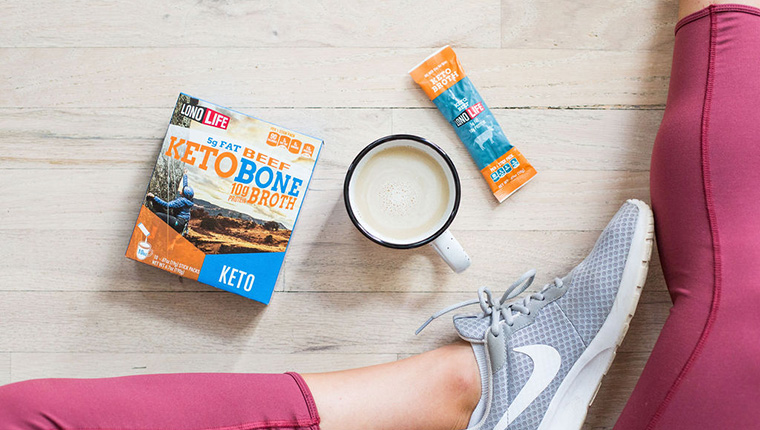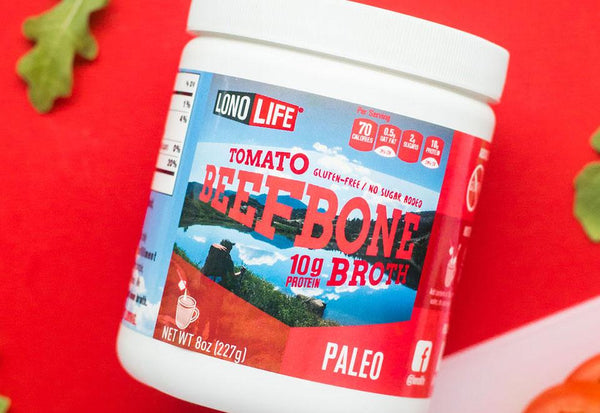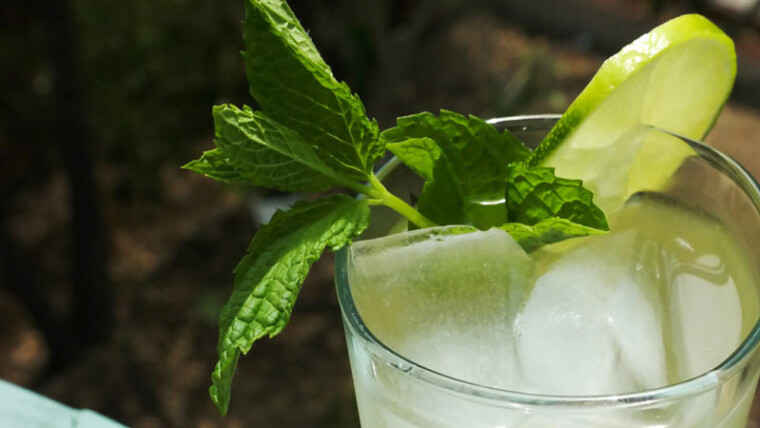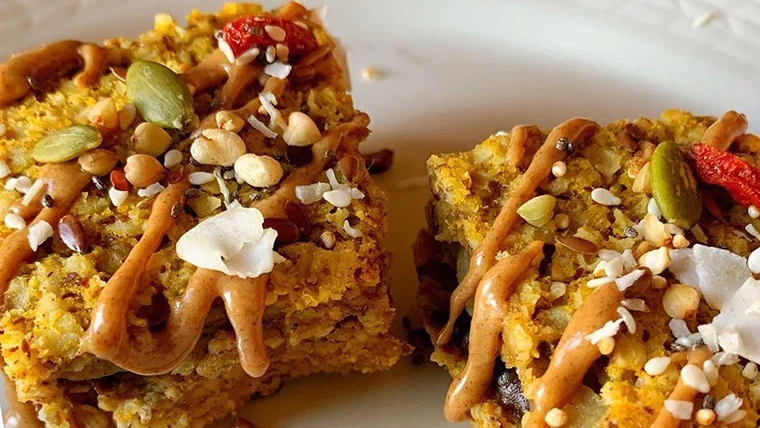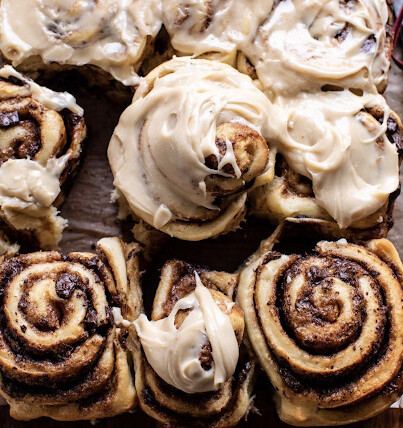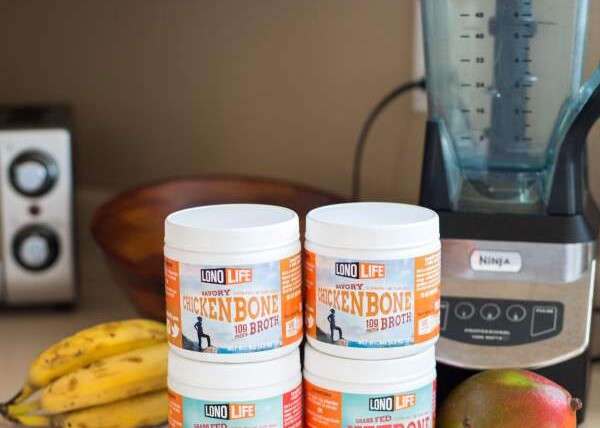If you follow the keto diet (or have been dipping your toe in keto waters) you might know a few things about it. First off, this low net carbs, low sugar, high fat diet is renowned for helping people lose weight. It’s also used as an approach by some to help reduce blood glucose levels (and therefore improve type 2 diabetes outcomes.) And it started off way back in the 1920s as a dietary support for children suffering from epilepsy and seizures.
But did you know there’s some evidence that the keto diet might actually help your immune system work better too? No? Well let’s explore that!
⇨ SHOWN TO REDUCE FLU SEVERITY IN MICE
A study carried out in 2019 by the Journal of Immunology showed that mice who were fed a keto diet while infected with the influenza virus fared significantly better than those who were fed a high carb diet. You can read more about it here. While this study was unique to the flu virus, it showed an increase in specialized immune cells called gamma-delta T cells, which could potentially occur with other viruses. That’s music to our ears right now!
⇨ CAN SUPPORT BLOOD SUGAR (AND DIABETES OUTCOMES)
The keto diet is used by some people to control blood sugar which might help a person with diabetes. Diabetes can affect the ability of your immune system to function at its best, so any efforts taken to get blood sugar levels under control and even potentially reverse diabetes sound like a good idea. “Carbohydrate restriction markedly improves glycemic control in patients with type 2 diabetes” according to this study, and “Lifestyle modification using low carbohydrate interventions is effective for improving and reversing type 2 diabetes,” according to the BMC. There is no better time than today to start working on getting blood sugar under control.
⇨ MAY REDUCE HARMFUL INFLAMMATION
How many times have you heard that inflammation is at the root of all disease? Well guess what? Having high levels of inflammation throughout your body probably doesn’t help you when you are exposed to viruses either. “Evidence indicates that ketogenic diets can reduce inflammation,” so one happy knock on effect of following a keto diet may be a natural reduction in inflammation. How does it do this? Primarily because when you reduce the amount of carbohydrates you consume you automatically reduce the amount of sugar (an inflammatory food.) What’s more, when you follow a low carb ketogenic diet, your liver responds by burning fat and producing ketones, including the ketone body beta-hydroxybutyrate (BHB) which may also reduce inflammation. That’s a double win!
⇨ MAKES FOR A HAPPY GUT
The last few years has seen a lot of discussion in the medical community about the role the gut microbiome has on our overall health. “A huge proportion of your immune system is actually in your GI tract,” according to this article from John Hopkins. A gut that is out of whack can mean a compromised immune system. There are early studies showing that a keto diet might improve the gut microbial environment, and there might be “potential anti-inflammatory properties of ketone bodies via effects on gut microbial ecosystems,” according to UCSF.
Our gut feeling? It can’t be a bad thing!
⇨ HAPPY “SIDE EFFECTS”
While the above might be classed as more scientific reasons why a keto diet might help the immune system work better, there are some more obvious reasons too. Firstly, people tend to lose weight when they follow a keto diet, and any lowering of obesity is a boost to overall health and gives our immune systems a better chance to fire on all cylinders. Secondly, people who follow the keto diet are more likely to eat more whole foods. This fact alone can support our immune systems as a whole food diet delivers a wide range of nutrients that support health.
If you are following a strict keto diet and are looking for a snack that hits all the taste notes while keeping in line with your carb and fat intake, try our 100% Keto-approved Keto Beef Bone Broth and Keto Chicken Bone Broth. With 10 grams of protein and 5 grams of fat, this broth will satisfy even the most hardy Keto dieter.

